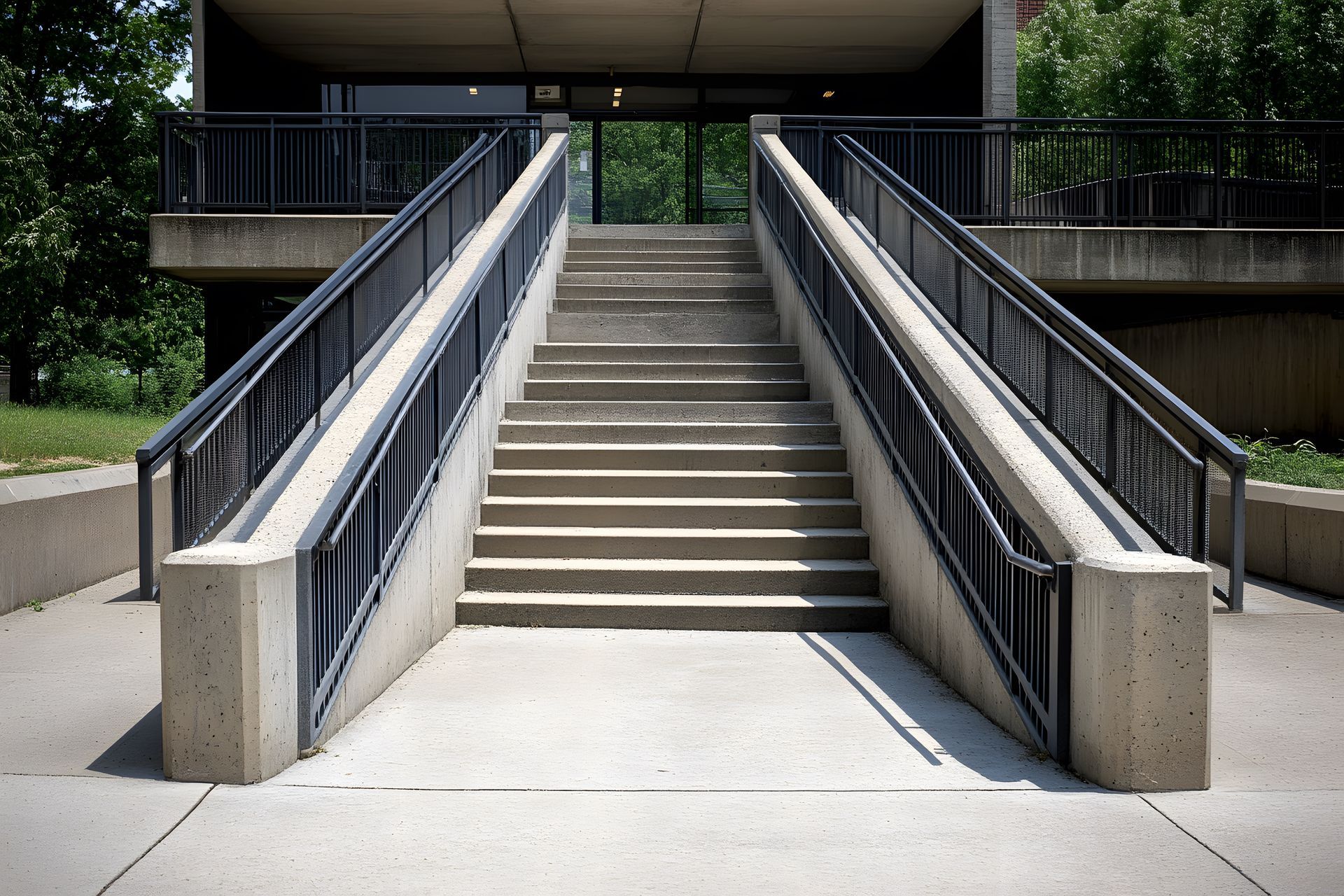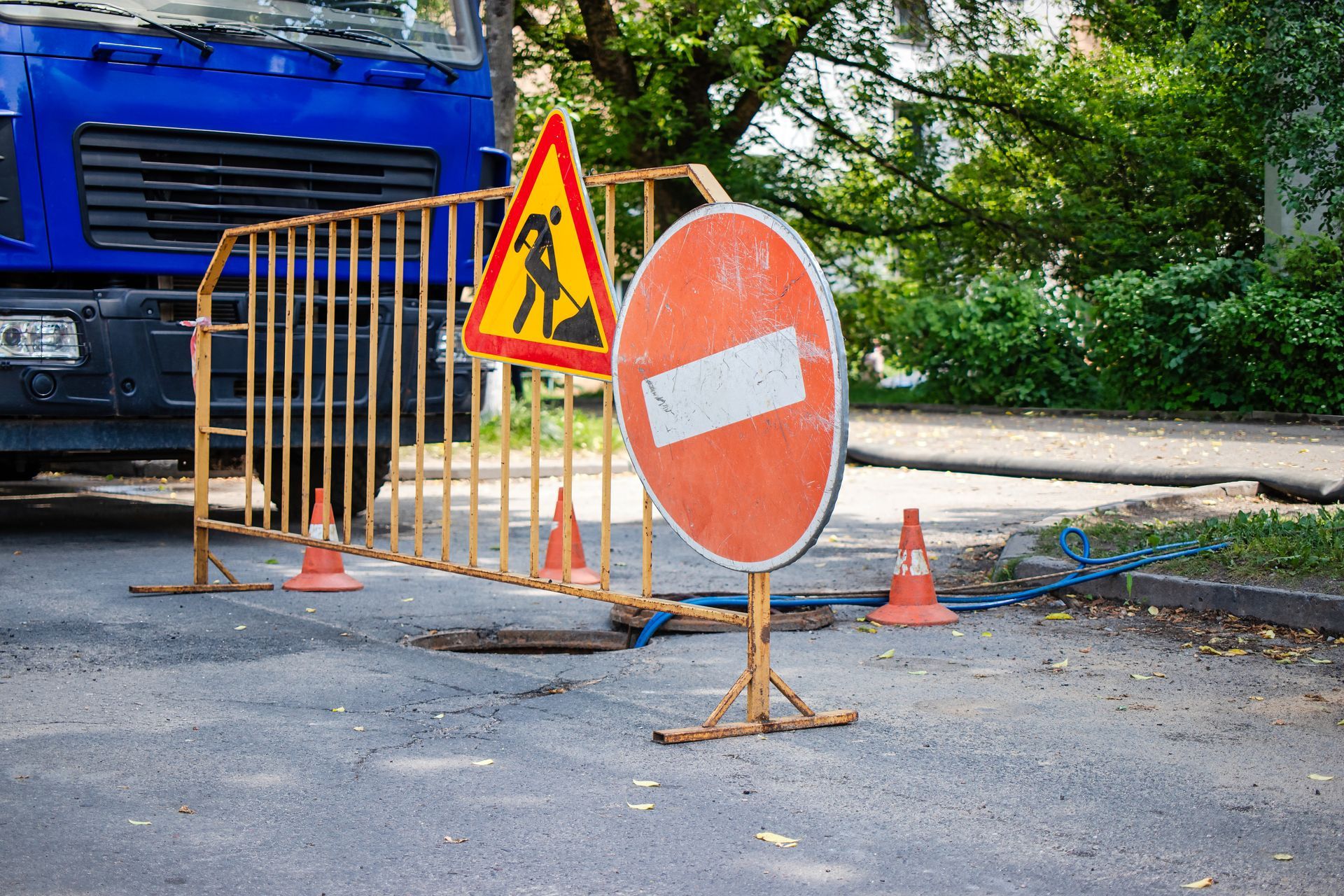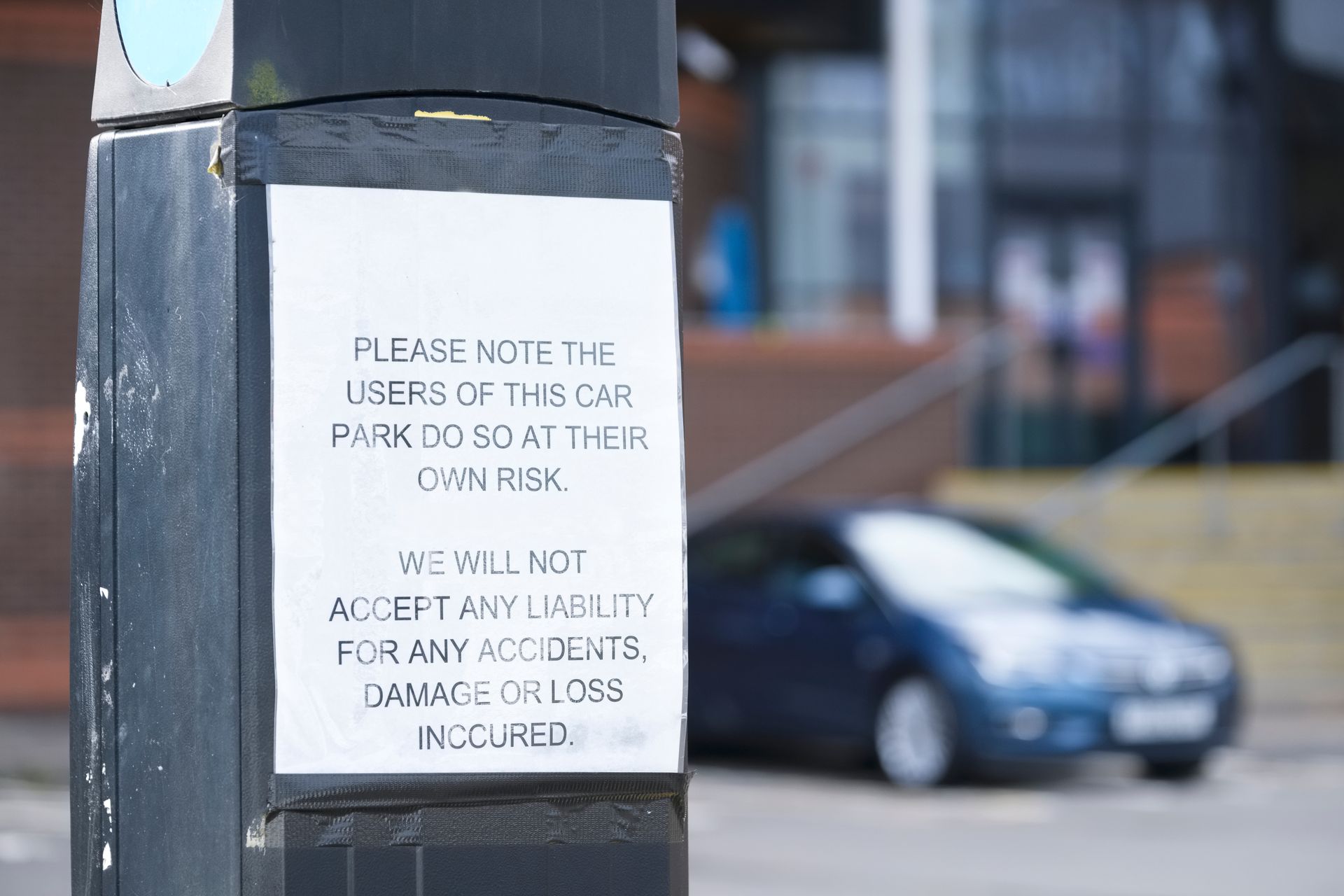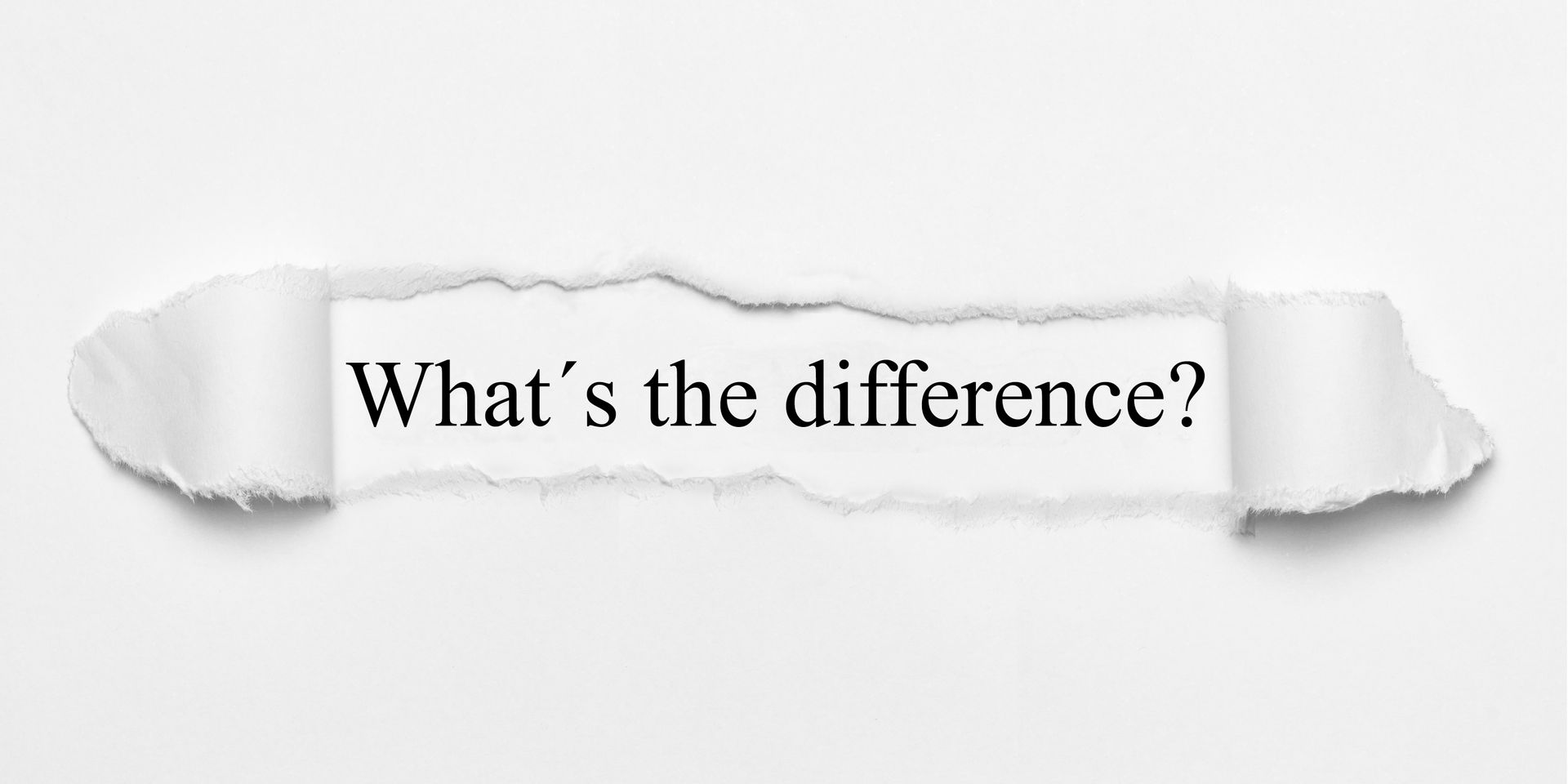Blog
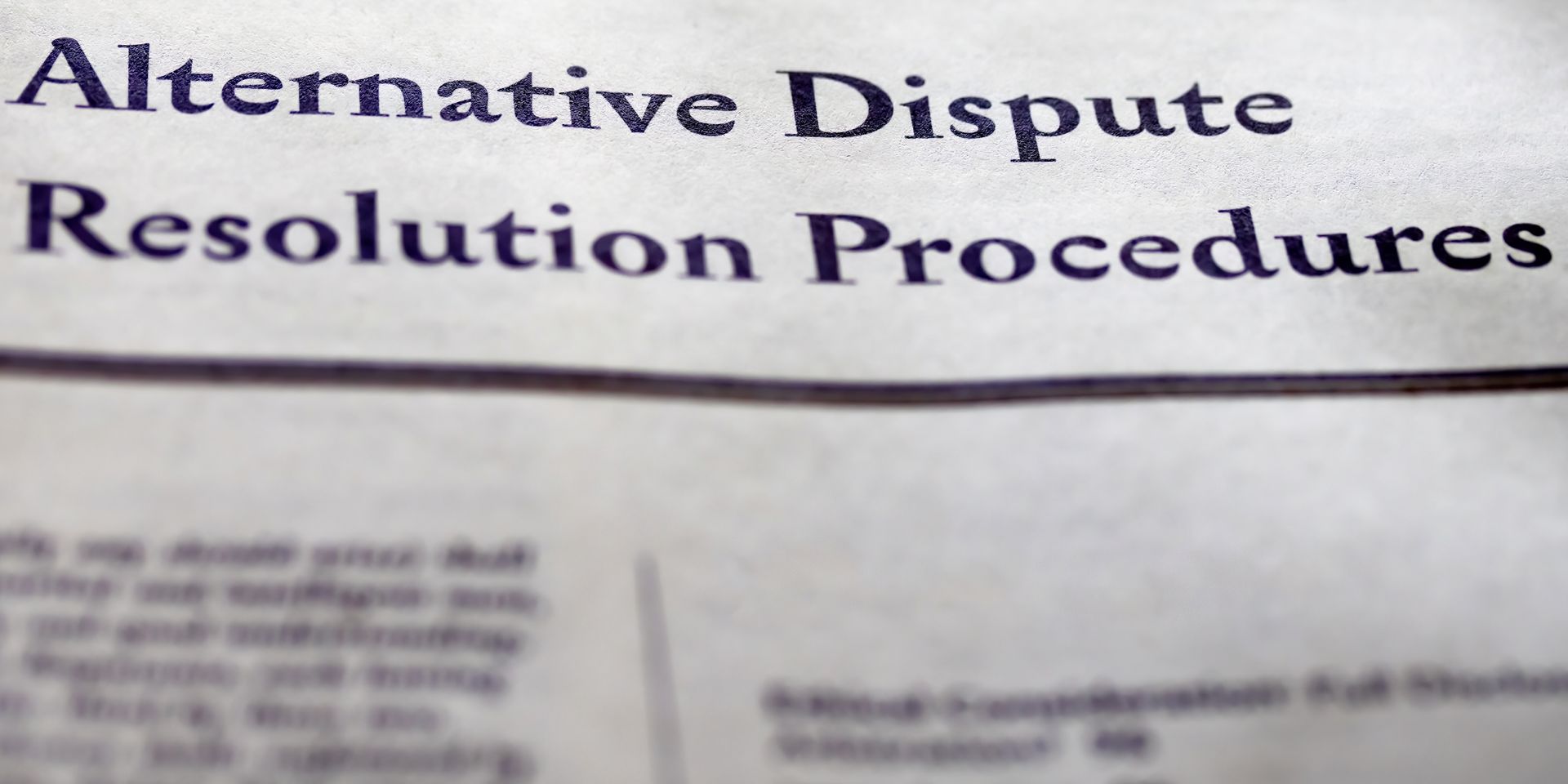
When it comes to legal disputes, traditional litigation is often seen as the default path for resolving conflicts.
However, alternative approaches, referred to collectively as Alternative Dispute Resolution (ADR), have gained prominence as a more efficient, cost-effective and collaborative means of settling disputes. The most common types of ADR are mediation, arbitration and negotiation.
Exploring Alternative Dispute Resolution (ADR) as an Alternative to Litigation
Alternative Dispute Resolution consists of a range of methods and techniques that are aimed at resolving conflicts outside the traditional courtroom setting.
Unlike litigation, which involves formal legal proceedings adjudicated by a judge or jury, ADR approaches seek to facilitate dialogue, negotiation and compromise between parties to reach mutually acceptable resolutions.
Types of Alternative Dispute Resolution
- Mediation: In mediation, a neutral third party, known as the mediator, facilitates communication and negotiation between the parties to help them reach a voluntary agreement. Mediation is a collaborative process that focuses on finding common ground when resolving disputes.
- Arbitration: Arbitration involves presenting the dispute to a neutral arbitrator or panel of arbitrators. The arbitrators evaluate the evidence and arguments presented by both parties and come up with a binding decision. Unlike mediation, where parties have more control over the outcome, arbitration results in a final and enforceable decision.
- Negotiation: Negotiation is a direct communication process between the parties involved in the dispute, where they seek to reach a mutually acceptable agreement through discussion and compromise. Negotiation can take place informally between the parties or with the assistance of legal counsel.
Benefits of Alternative Dispute Resolution
- Cost-Effectiveness: ADR processes often entail lower costs compared to litigation, as they typically require fewer procedural formalities, legal fees and court expenses.
- Time Efficiency: ADR offers a more streamlined and efficient resolution process. This allows parties to resolve disputes more quickly and avoid the lengthy delays associated with court proceedings.
- Flexibility:
ADR methods provide parties with greater flexibility and control over the resolution process, allowing them to tailor solutions to their specific needs and interests.
- Preservation of Relationships:
By promoting communication, collaboration and mutual respect, ADR methods help preserve relationships between parties, making them particularly valuable for disputes involving ongoing business or personal relationships.
- Confidentiality:
ADR proceedings are often confidential, protecting sensitive information and allowing parties to discuss issues openly without fear of public exposure. Trials and court rulings may result in the disclosure of facts one or both sides don’t wish to divulge publicly.
Implementing Alternative Dispute Resolution
One reason why ADR isn’t used in every circumstance is the need for both parties to buy in and commit fully to the process. ADR can potentially be an effective arrangement if parties can find some common ground on the process.
- Mutual Agreement:
Both parties must agree to engage in ADR and commit to the resolution process voluntarily.
- Selection of Neutral Third Party: Depending on the chosen ADR method, parties may need to select a qualified mediator or arbitrator to facilitate the resolution process.
- Preparation and Communication: Parties should prepare for ADR proceedings by gathering relevant information, articulating their interests and objectives and maintaining open lines of communication throughout the process.
- Good Faith Participation: Successful ADR requires parties to engage in the process in good faith, actively participating in negotiations and demonstrating a willingness to compromise and seek mutually acceptable solutions.
Collaborative Resolution
Alternative Dispute Resolution offers a valuable alternative to traditional litigation, providing parties with a more efficient, cost-effective and collaborative means of resolving conflicts. By embracing ADR methods such as mediation, arbitration and negotiation, parties can navigate disputes with greater flexibility, preserve relationships and achieve mutually satisfactory outcomes.
Whether in business, family or community settings, ADR offers a pathway to resolution that prioritizes communication, cooperation and creative problem-solving.
Cameron Hawkins Is Committed to Advocating for His Clients in Any Venue
Cameron Hawkins stands out as a dedicated advocate in Atlanta committed to representing his clients' interests in any venue, including negotiations and mediation. With a proven track record of success and a steadfast commitment to justice, Cameron Hawkins is ready to fight for you.
Take the first step toward securing the legal representation you deserve by contacting us at the Law Office of Cameron Hawkins in Atlanta today. With Cameron Hawkins in your corner, you can face any legal challenge with confidence and peace of mind.

